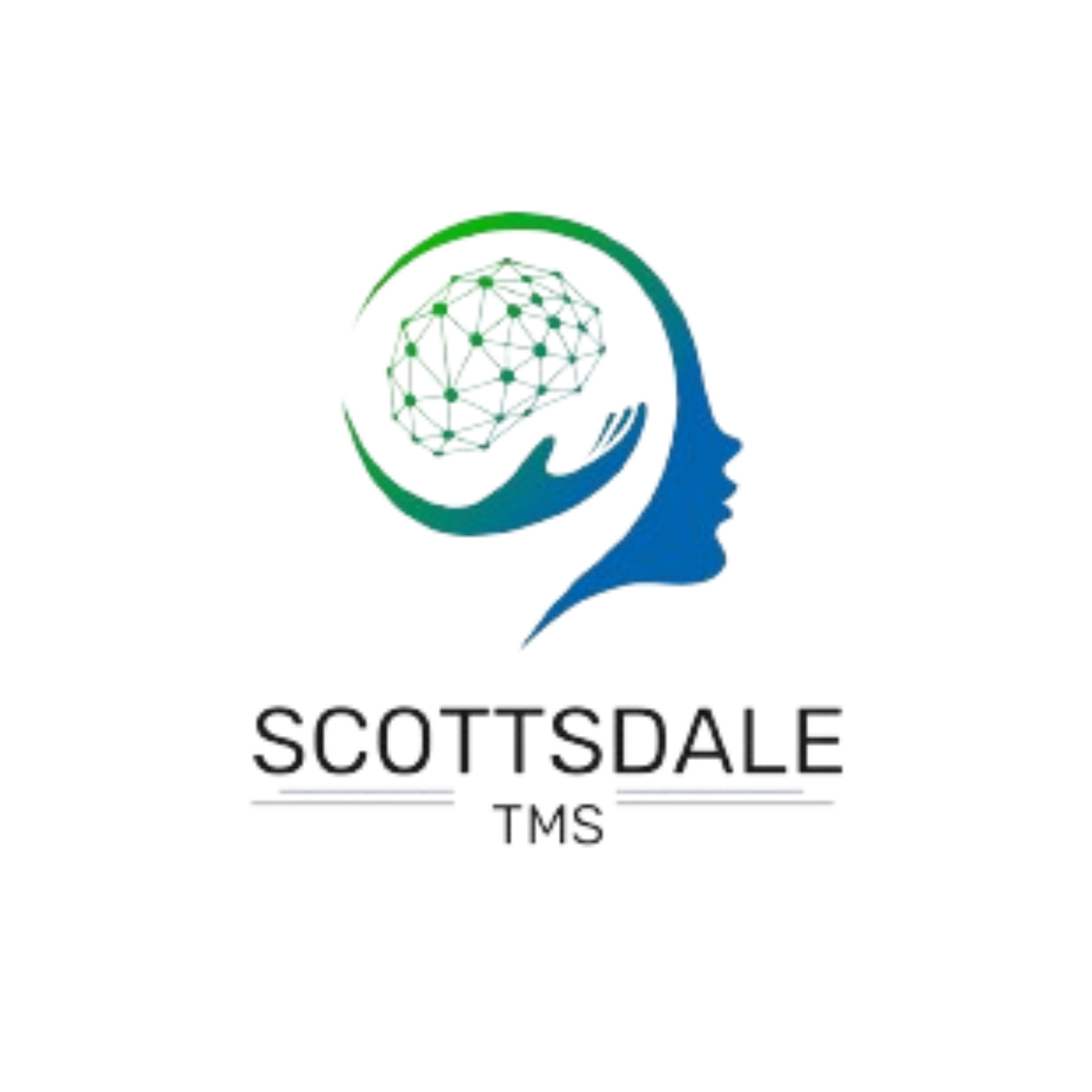TMS Therapy for Children
According to recent studies, nearly 1 in 5 children in the U.S. experience mental health challenges, and traditional treatments are not always effective for every child. Transcranial Magnetic Stimulation (TMS) therapy offers a non-invasive, medication-free option that may provide relief for young patients struggling with conditions like depression and anxiety.
TMS therapy for children stimulates specific areas of the brain associated with mood regulation, showing promising results in improving mental health outcomes. This innovative therapy offers a gentle alternative for kids who may not respond well to other treatments, helping them regain focus, confidence, and emotional well-being.
Questions Answered in This Article:
Our Alcohol Addiction Treatment Programs

Scottsdale Rehab
Luxury Personalized Rehab

Hart Rehab
Holistic Luxury Personalized Rehab

Scottsdale Detox
Luxury Medical Detox
What is TMS Therapy?
Transcranial Magnetic Stimulation (TMS) therapy is a non-invasive treatment that uses magnetic pulses to stimulate specific areas of the brain linked to mood and mental health. This therapy can help improve symptoms in people with depression, anxiety, and other mental health conditions, especially when traditional treatments haven’t worked. By targeting brain areas involved in emotional regulation, TMS aims to restore balance and improve mental wellness without medication.
Benefits of TMS Therapy
TMS therapy offers several benefits as a non-invasive, medication-free option for managing mental health conditions, particularly for those who haven’t found relief with traditional treatments. This treatment stimulates targeted brain areas, helping to improve symptoms with minimal side effects.
- Non-Invasive Treatment: TMS therapy does not require surgery or anesthesia, as it uses magnetic pulses applied to the scalp. This makes it a gentle option with fewer risks and a simpler recovery process compared to other interventions.
- Medication-Free Option: TMS provides an alternative to medications, which can have unwanted side effects or limited effectiveness. This benefit is especially important for individuals who don’t respond well to or prefer not to take medication.
- Effective Treatment-Resistant Depression: TMS has shown positive results for people who have not found relief through other treatments. Studies suggest it can improve mood and reduce symptoms in cases of treatment-resistant depression.
- Minimal Side Effects: Unlike medications, which can lead to side effects like weight gain or fatigue, TMS therapy typically only causes mild scalp discomfort or headaches. These side effects are usually temporary and subside after a few sessions.
- Improved Cognitive Function: Some patients report better focus, memory, and clarity after TMS therapy. This cognitive boost can lead to enhanced daily functioning and quality of life.
- Long-Term Results: The benefits of TMS therapy may extend beyond the treatment period, with some patients experiencing sustained symptom relief for months or even years. This long-lasting impact can help reduce the need for ongoing treatment.
Can TMS Therapy Help Children With Depressive Disorder?
Yes, TMS therapy can help children with depressive disorder, especially when other treatments haven’t been effective. By stimulating brain areas involved in mood regulation, TMS can improve mood and reduce depression symptoms without the need for medication. This therapy is safe and non-invasive, making it a promising option for young people needing extra support in managing their depression.
Side Effects of TMS on Children
While TMS therapy is generally safe for children, some side effects can occur, though they are typically mild and temporary. Understanding these potential effects can help parents and caregivers make informed decisions about treatment.
- Scalp Discomfort: Children may feel mild discomfort or tingling on their scalp during or after a session. This sensation usually goes away shortly after treatment and tends to lessen over time.
- Headaches: Headaches are a common side effect but are often mild and manageable with over-the-counter pain relievers. Most children experience fewer headaches as they continue with sessions.
- Lightheadedness: Some children may feel slightly lightheaded following a TMS session. This feeling is usually brief and resolves without intervention.
- Twitching or Muscle Spasms: Occasionally, TMS can cause brief muscle twitches in the face or jaw. These twitches are generally harmless and stop once the session ends.
- Fatigue: TMS sessions can cause some children to feel tired or fatigued afterward. However, this effect is temporary, and children typically regain energy within a few hours.
TMS Therapy Near Me
If your child is facing depression, seeking early support is essential. At Scottsdale TMS Therapy, we offer compassionate, comprehensive care to help bring relief.
Our skilled team is committed to creating personalized treatment plans tailored to your family’s needs. Reach out to us today to begin the path toward lasting recovery.

